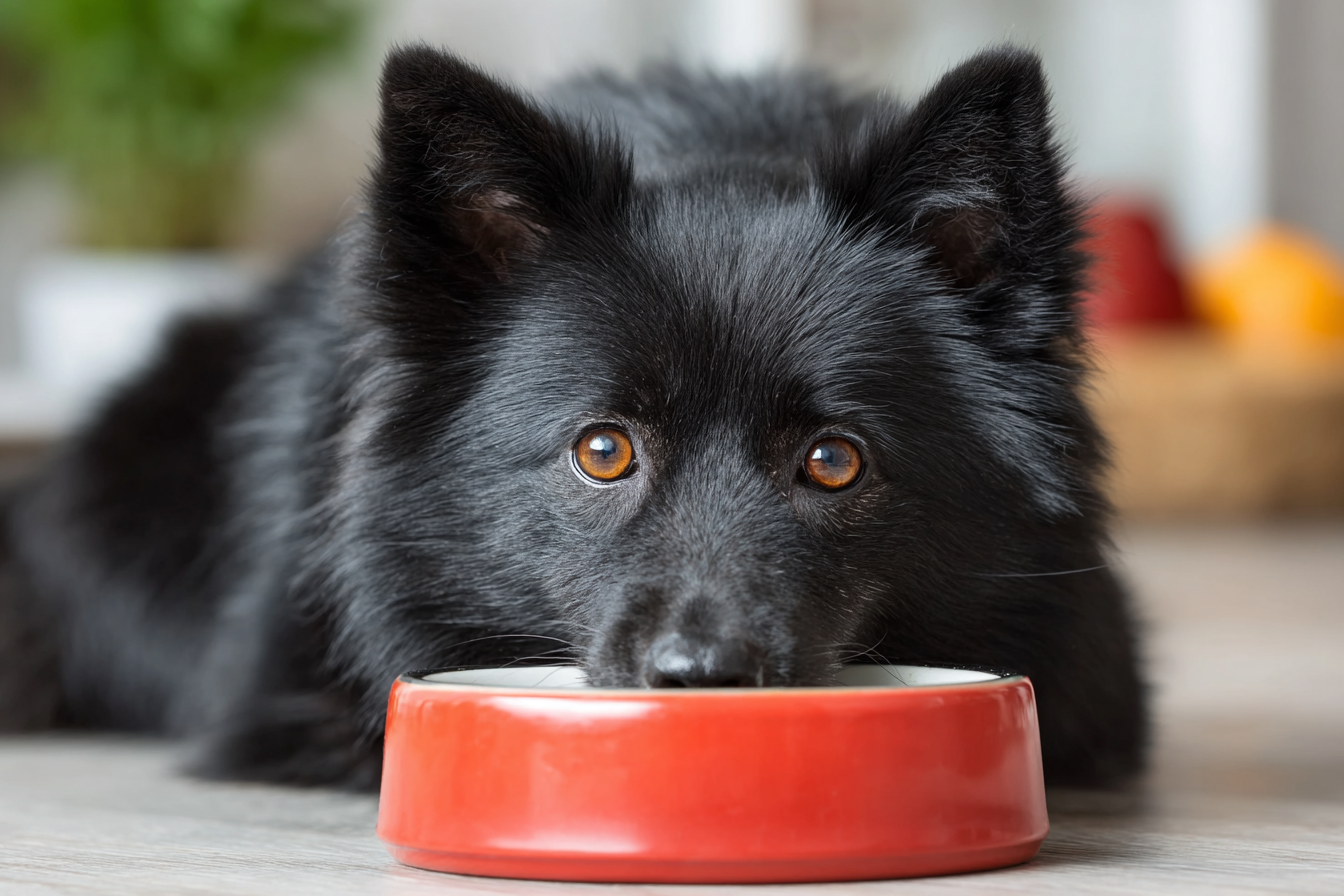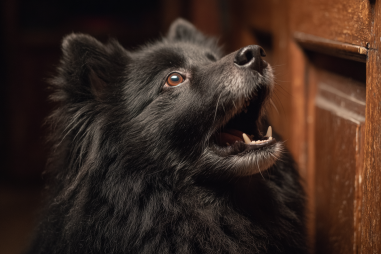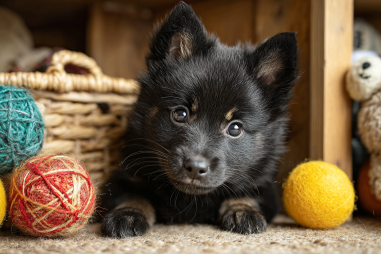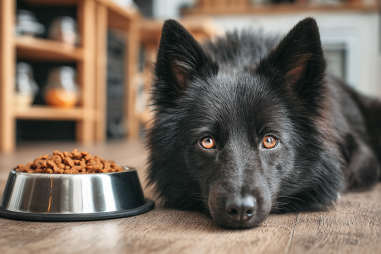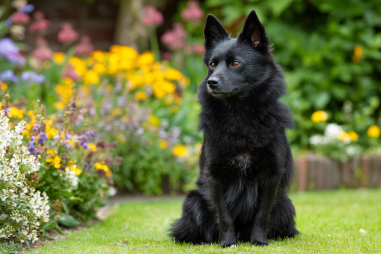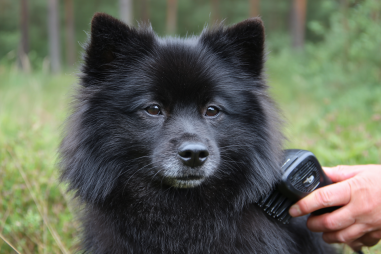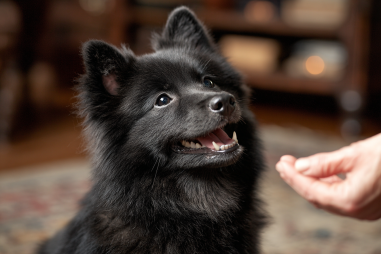Providing the right diet and nutrition for your Schipperke is essential to keep this lively and intelligent breed thriving. Schipperkes have unique dietary needs that support their high energy levels, overall health, and longevity. Whether you choose commercial food or opt for homemade meals, understanding what nutrients to prioritize and how to manage feeding schedules can greatly influence your dog’s well-being. Let’s explore all aspects of an optimal diet tailored specifically for your Schipperke.
Nutritional Needs of Schipperkes
Schipperkes are small but spirited dogs, known for their agility and endurance. Their diet should be well-balanced to fuel their active lifestyle while maintaining a healthy weight. The core nutritional components include:
- Proteins: High-quality proteins are vital for muscle maintenance and repair. Look for foods containing real meat such as chicken, lamb, or fish as the primary ingredient.
- Fats: Healthy fats are an excellent energy source, support skin and coat health, and assist in absorbing fat-soluble vitamins. Omega-3 and Omega-6 fatty acids help reduce inflammation and promote brain function.
- Carbohydrates: While not as critical as proteins or fats, carbohydrates provide energy and fiber. Whole grains, vegetables, and legumes are preferred sources that aid digestion.
- Vitamins and Minerals: Essential micronutrients like vitamins A, D, E, calcium, and phosphorus contribute to bone health, immune function, and overall vitality.
Choosing food that meets the Association of American Feed Control Officials (AAFCO) standards ensures your Schipperke receives balanced nutrition suited for their life stage and activity level.
Selecting Commercial vs Homemade Food
When deciding between commercial dog food and homemade meals, consider the advantages and challenges of each to find the best fit for your Schipperke.
Commercial Dog Food
Quality commercial dog foods are convenient, nutritionally balanced, and regulated. They come in dry kibble, canned, or semi-moist forms, often formulated for specific breeds, sizes, or life stages. For Schipperkes, small breed formulas are typically appropriate, as they contain the right kibble size and nutrient ratios.
Look for brands that list real meat first, avoid artificial preservatives, colors, or fillers like corn and soy, and offer grain-free or limited ingredient options if your dog has sensitivities.
Homemade Meals
Preparing homemade food allows you to control exactly what your dog eats, catering to preferences or allergies. However, it’s crucial to ensure the recipe is complete and balanced. Collaborate with a veterinary nutritionist to formulate meals that include the proper proportions of protein, fats, carbohydrates, vitamins, and minerals.
Typical homemade diets may include lean meats, vegetables like carrots and green beans, grains such as brown rice or quinoa, and supplements to replace nutrients lost during cooking.
Portion Control and Meal Timing
Because Schipperkes are prone to obesity if overfed, monitoring portion sizes and consistent meal schedules is essential for maintaining a healthy weight. Overweight dogs face a higher risk of joint problems, diabetes, and decreased lifespan.
The general feeding guidelines suggest:
- Dividing the daily caloric intake into two meals—morning and evening—to prevent hunger-induced behaviors and stabilize energy levels.
- Adjusting portions based on your Schipperke’s age, weight, activity levels, and metabolism.
- Using measuring cups or a kitchen scale to avoid guesswork and keep feeding precise.
Regular weigh-ins and body condition scoring can help determine if portion sizes need adjustment.
Foods to Avoid
Some foods are toxic or harmful to Schipperkes and should never be included in their diet. Common no-nos include:
- Chocolate: Contains theobromine, which is toxic to dogs.
- Grapes and raisins: Can cause kidney failure.
- Onions and garlic: Damage red blood cells leading to anemia.
- Xylitol: A sweetener found in gum and some peanut butters that can cause insulin spikes.
- Macadamia nuts and alcohol: Both are extremely dangerous for dogs.
- Caffeine and raw dough: These can cause gastrointestinal upset or more severe toxicity.
Always be cautious about what scraps you share, and keep hazardous foods well out of reach.
Supplements and Treats
While a balanced diet should provide most of your Schipperke’s nutritional needs, some supplements might enhance health, especially if recommended by your vet:
- Glucosamine and chondroitin: Support joint health, particularly as your Schipperke ages.
- Omega fatty acids: Help maintain a shiny coat and healthy skin.
- Probiotics: Aid digestion and improve gut health.
Treats should be given sparingly and chosen for their nutritional value. Opt for small, low-calorie treats or natural options like baby carrots or apple slices (without seeds). Avoid excessive treats to prevent weight gain.
Hydration Importance
Water is a crucial aspect of your dog’s diet, often overlooked. Schipperkes are active and require constant access to fresh, clean water to avoid dehydration. Proper hydration supports organ function, digestion, and temperature regulation.
Make sure water bowls are cleaned regularly and filled with fresh water throughout the day, especially in warm weather or after exercise. Wet food can also contribute to fluid intake but should not replace fresh water.
Adjusting Diet for Life Stages
Schipperkes’ dietary needs evolve as they go through different life stages:
Puppy Stage
Growing Schipperke puppies need nutrient-rich, calorie-dense diets to support rapid growth, cognitive development, and strong bones. Puppy formulas enriched with DHA, high-quality protein, and balanced fats are ideal. Multiple small meals daily—typically three to four—help keep their energy levels steady.
Adult Stage
Adult Schipperkes require maintenance calories to support their moderate to high activity level without promoting weight gain. Well-balanced adult dog food with moderate protein and fat levels should be provided in two meals per day.
Senior Stage
As your Schipperke ages, their metabolism slows, and they may benefit from senior-specific formulas that support joint health, reduce calories slightly to prevent obesity, and include antioxidants for immune support. Regular veterinary checkups should guide any necessary dietary adjustments.
Tailoring nutrition to these life stages supports your Schipperke’s health and quality of life at every stage.
Helping Your Schipperke Thrive Through Nutrition
Ensuring your Schipperke’s diet meets their unique needs involves understanding their nutritional requirements, choosing balanced foods, managing portions, avoiding harmful ingredients, and supporting their health with supplements and proper hydration. By adjusting feeding practices according to age and activity levels and staying vigilant about quality nutrition, you set your Schipperke on a path to a happy, healthy life filled with energy and vitality. Remember, when in doubt, consulting with your veterinarian or a canine nutrition expert can help you create the perfect diet plan tailored just for your furry friend.

